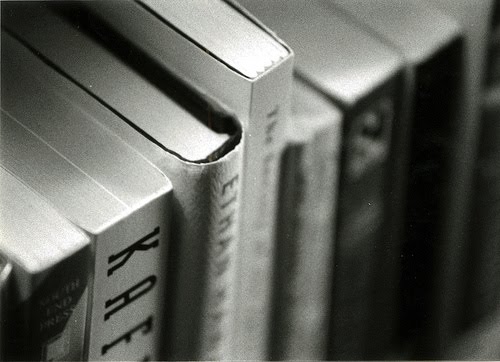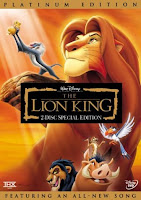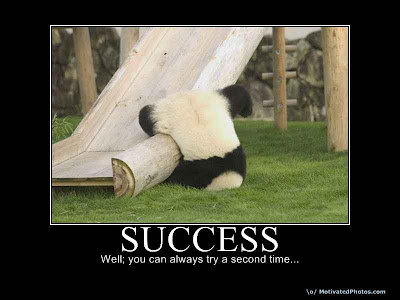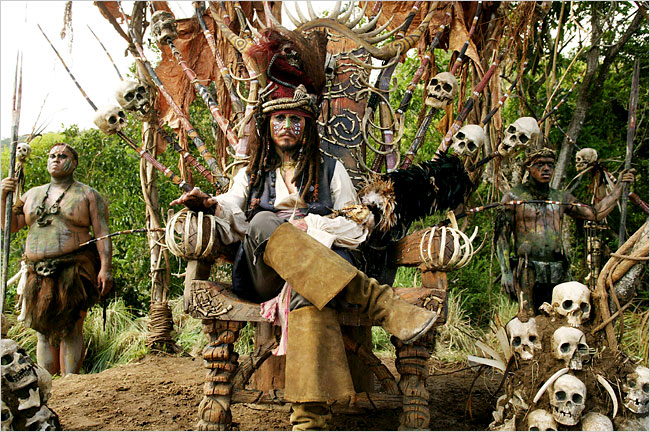- "Oh, she is the most beautiful creature I ever beheld!" p. 7, Mr. Bingley
- "He is just what a young man ought to be," said she, "sensible, good-humoured, lively; and I never saw such happy manners!- so much ease, with suck perfect good breeding!" p. 9, Jane
- "I would not be to hasty in censuring any one; but I always speak what I think" p.10, Jane
- "Laugh as much as you choose, but yo uwill not laugh me out of my opinion" p 65, Jane
TO BE CONTINUED
Elizabeth Bennet falling in love with Darcy
- "Mr. Darcy soon drew the attention of the room by his fine, tall person, handsom features, noble mien, - and the report which was in general circulation within five minutes after his entrance of his having ten thousand a year" p.6 (general description)
- "She is tolerable; but not handsome enough to tempt me; and I am ni no humour at present to give consequence to young ladies who are slighted by other men." p.7 Darcy
- "Elizabeth took up some needle work and was sufficiently amused in attending to what passed between Darcy and his companion" p.34 (general description)
- "'Do not you feel a great inclination, Miss Bennet to seize such an opportunity of dancing a reel?' she smied and made no answer."p.38 Darcy
- CONTINUED-"Oh" said she, "I heard you before; but I could not immediately determine what to say in reply. You wanted me, I know, to say 'yes' that yo umight have the pleasure of despising my taste; but I always delight in overthrowing htose kind of schemes, and cheating a person of their premeditated contempt. I have hterefore made up my mid to tell you that I do not want to dance a reel at all- and now despie me if you dare." p.38
- "Elizabeth's astonishment was beyond expression" p.142
TO BE CONTINUED






 .
.








 Arras: a rich tapestry
Arras: a rich tapestry








%5D&sink=preservemd%5Btrue%5D)




